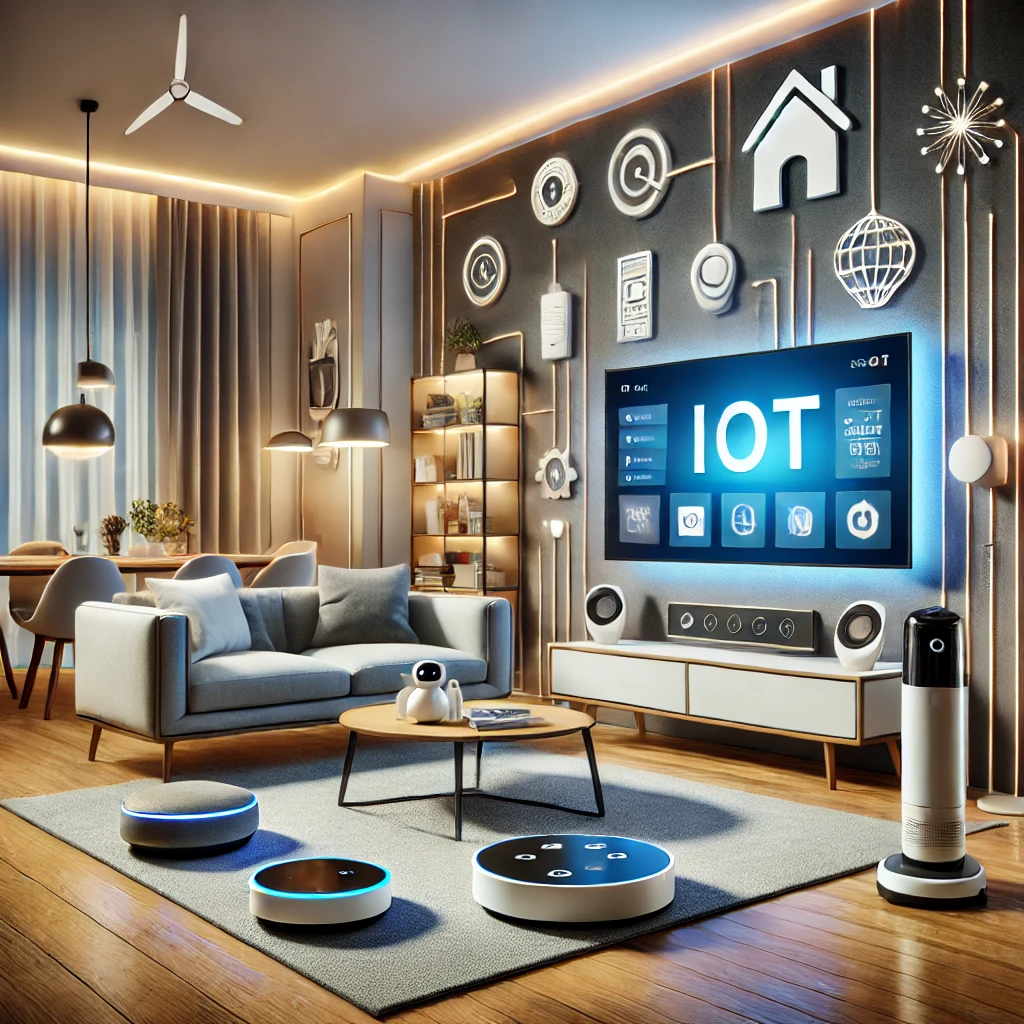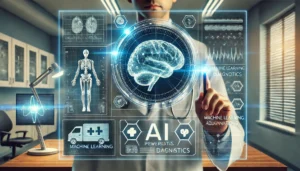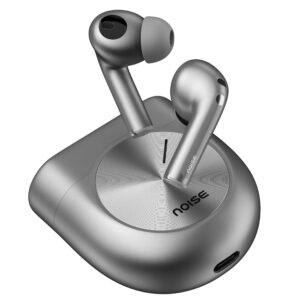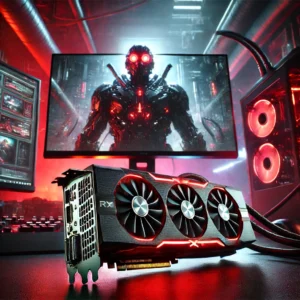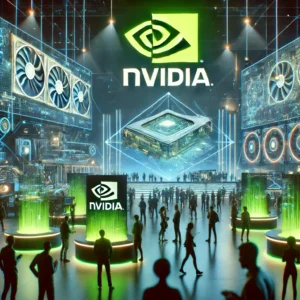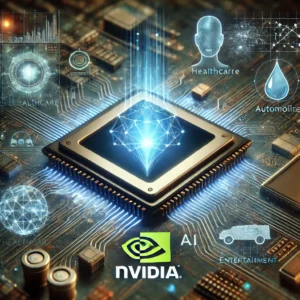The Ultimate Guide to Smart Homes: How IoT Devices are Revolutionizing Our Living Spaces
Smart homes are no longer a concept of the future; they’re here, and they’re changing the way we live. From managing your home’s temperature with a smart thermostat to controlling your lights with a voice command, the possibilities are endless. So, what’s driving this revolution? It’s the power of the Internet of Things (IoT). In this article, we’ll dive into how IoT devices are transforming our homes and what the future holds for this technology.
What is a Smart Home?
A smart home is a residence equipped with IoT devices that allow homeowners to control and automate various aspects of their living environment. These devices are connected to the internet, enabling remote control through smartphones, tablets, or voice assistants. Essentially, a smart home is a connected living space designed for convenience, energy efficiency, security, and entertainment.
The Rise of IoT Devices in Smart Homes
IoT technology has made its way into our homes, creating a wave of innovation that has transformed how we interact with our living spaces. IoT devices are physical objects embedded with sensors, software, and other technologies that allow them to communicate with each other and the cloud. Examples include smart thermostats, security cameras, and even refrigerators that can alert you when you’re low on groceries.
The rise of IoT has led to the widespread adoption of smart devices. In fact, recent statistics suggest that the number of connected devices in smart homes will continue to increase, reaching billions in the coming years. These devices are no longer just novelties; they’re becoming essential tools in modern households.
Home Automation: The Backbone of Smart Living
Home automation refers to the automatic control of home systems such as lighting, heating, cooling, and security. By integrating IoT devices into these systems, homeowners can program their homes to adjust based on specific triggers, like time of day, occupancy, or even the weather.
For example, a smart thermostat can learn your temperature preferences and adjust accordingly, reducing energy usage when you’re away or asleep. This level of automation brings convenience, efficiency, and even a sense of luxury to daily life.
How IoT Devices Enhance Home Security
Security is one of the most compelling reasons to adopt smart home technology. IoT-enabled devices like smart locks, cameras, and alarm systems offer homeowners increased control over their home’s safety. With these devices, you can monitor your home remotely, receive alerts about unusual activity, and even lock or unlock doors from anywhere in the world.
Integration with mobile apps and voice assistants makes it easy to manage security systems without complicated installations. Some smart security systems even feature AI technology that can differentiate between human movement and pets, preventing false alarms.
Energy Efficiency: The Environmental Impact of Smart Homes
One of the standout benefits of IoT in the home is energy efficiency. Smart thermostats, such as the Nest Learning Thermostat, learn your preferences and adjust heating or cooling based on your schedule. Smart light bulbs and plugs help you control power usage, ensuring devices aren’t running unnecessarily.
By reducing energy consumption, smart homes contribute to lower utility bills and a smaller carbon footprint, making them not just convenient but also environmentally friendly.
Smart Appliances: Convenience at Your Fingertips
Smart appliances are another game-changer in the smart home ecosystem. Imagine a refrigerator that alerts you when you’re out of milk or a washing machine that can be controlled remotely. These appliances offer not only convenience but also smarter, more efficient ways of managing household tasks.
For example, smart ovens can preheat remotely, and robotic vacuum cleaners can be programmed to clean your home while you’re away, saving time and energy.
The Role of Artificial Intelligence in Smart Homes
Artificial intelligence (AI) plays a crucial role in smart home technology, enhancing the functionality of IoT devices. AI allows smart devices to learn from your habits, predict your needs, and even make autonomous decisions. For instance, AI in smart thermostats adjusts the temperature based on your behavior, while AI-powered speakers can offer personalized recommendations for music or news.
Smart Lighting: Illumination with a Personal Touch
Smart lighting systems allow homeowners to customize their home’s ambiance with ease. Whether you want dim, warm lighting for a cozy night in or bright, cool lighting to start your day, IoT-enabled lighting can adjust according to your preferences.
Some systems even allow you to set schedules or control your lights remotely through apps or voice assistants. This level of customization enhances comfort and reduces energy consumption, as lights can be automatically turned off when not in use.
Voice Assistants: Controlling Your Home with Words
Voice assistants like Amazon Alexa, Google Assistant, and Apple’s Siri are central to smart home automation. These assistants allow you to control IoT devices with simple voice commands. Whether you want to adjust your thermostat, turn off the lights, or play your favorite song, voice assistants make controlling your home easier than ever.
As these devices evolve, they’re becoming even more integrated into our daily routines, providing an increasingly personalized experience.
Healthcare and Wellness in Smart Homes
IoT devices aren’t just transforming home automation and security—they’re also making waves in the healthcare and wellness sectors. Smart home devices like wearables, smart mirrors, and health monitoring systems can track your vital signs, sleep patterns, and physical activity.
By integrating these technologies, smart homes can contribute to a healthier lifestyle, offering real-time data and insights that help you make informed health decisions.
The Future of Smart Homes: What’s Next?
The future of smart homes is bright. With advancements in AI, machine learning, and 5G technology, we can expect even more sophisticated and integrated smart home systems. Future homes will be more connected, intuitive, and personalized than ever before, offering seamless automation that requires little to no input from homeowners.
Challenges in the Smart Home Ecosystem
While the benefits of smart homes are clear, challenges do exist. Compatibility between devices, privacy concerns, and the complexity of managing multiple smart devices can be hurdles for homeowners. However, as technology evolves, many of these issues are being addressed, making smart homes more accessible and user-friendly.
Conclusion
In conclusion, IoT devices are revolutionizing our homes by enhancing convenience, efficiency, and security. The future holds even greater potential as new technologies continue to emerge. Embracing smart home solutions can lead to a more connected, energy-efficient, and comfortable living space.
As IoT devices become an integral part of modern life, the smart home evolution is just beginning. The question now is: Are you ready to join the smart home revolution?
FAQs
- What is the most important IoT device in a smart home?
- Smart thermostats are often considered one of the most important devices due to their impact on both comfort and energy savings.
- Are smart home devices secure?
- While most smart home devices offer robust security features, it’s important to choose devices with strong encryption and regularly update firmware.
- Can I install a smart home system myself?
- Many smart home systems are DIY-friendly, though complex setups may require professional installation.
- How much does it cost to set up a smart home?
- The cost varies depending on the devices chosen, but basic setups can be affordable, while fully automated homes may require a larger investment.
- What is the future of smart homes?
- The future will see more integrated and intuitive devices, powered by AI and faster connectivity, offering even more personalized and efficient home automation.
___________________________________________________________________________________________________
Please don’t forget to leave a review.
on Techcyclohub
___________________________________________________________________________________________________
Book Recommendations:
- “Smart Homes For Dummies” by Danny Briere and Pat Hurley
This book is a comprehensive guide to understanding smart homes and the technology behind them. It covers everything from basic concepts to advanced automation techniques, making it perfect for beginners and tech enthusiasts alike. - “The Fourth Industrial Revolution” by Klaus Schwab
While not exclusively about smart homes, this book provides valuable insights into the broader impact of emerging technologies like IoT on various industries, including home automation.
